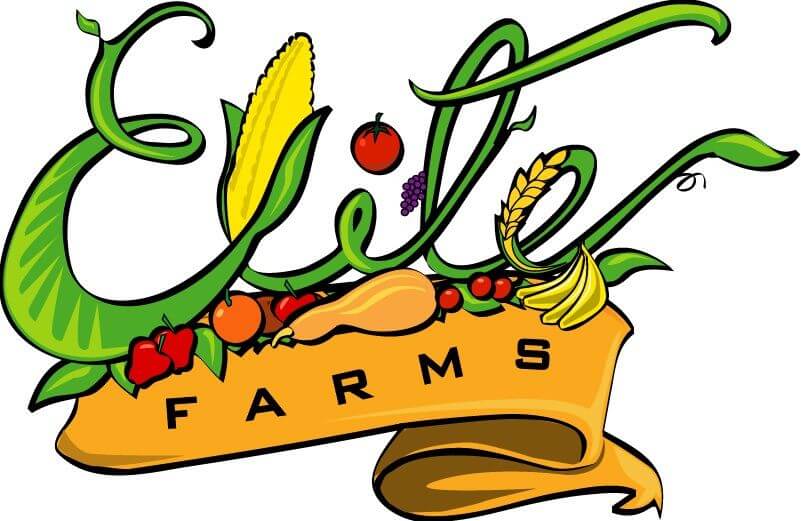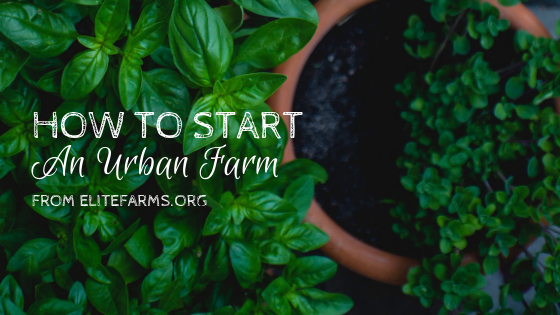As farmland is becoming less abundant, more people are moving to larger cities, and widespread drought limits water resources to certain areas, the practice of urban farming is a growing trend across the nation. Innovative and more easily accessible farming is a necessity of the modern age, prompting many farmers living in smaller areas to destroy their own lawns and start growing food in their own backyards. Starting an urban farm is easier said than done, however, as the task requires a lot of time and effort in order to sustain the farm. The following is a step-by-step guide on how to start an urban farm in the city.
Start with a Plan
Nothing is possible without a clear vision and designated pathway to achieving goals. Since establishing an urban farm will call for quite an initial investment, in both time and resources, you should start by outlining the goals you hope to achieve with your farm. Ask yourself who you plan on serving, how long you plan on farming, and why you’re starting this venture.
Find Some Land
Finding land for your urban farm can be as easy as converting your lawn into a proper place to grow plants and harvest crops. Those who lack the yard-space or simply wish to keep their urban farm separate from their home can look into renting plots of land from private owners or the city, itself. In fact, many banks will offer loans for such endeavors.
Examine Your Soil
Nothing will grow if not planted in healthy, fertile soil. High levels of acidity, chemical compounds, and clay will prevent plants from growing in soil. If possible, you should inquire about the history of your urban farm’s potential location. If the history of the soil cannot be attained, you can always send a soil sample to designated labs for testing, which is actually required to become organically certified in most regions.
All hope is not lost if your soil is not suitable for farming. Although more work will go into alternative measures, you can build raised farm beds or invest in a hydroponic system to grow plants within a greenhouse on your land.
Before starting an urban farm, you should educate yourself on all the various ins and outs of this growing trend. Try to visit urban farms that are already flourishing to get a better idea of what you need to do to get your own farm started.

